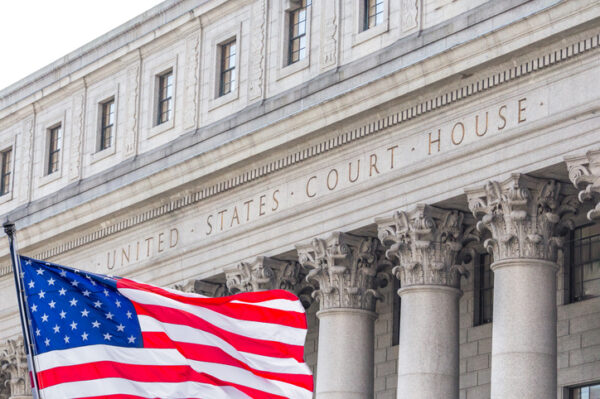
Amidst Escalating Immigration Enforcement, Third Circuit Court Rules that the Department of Justice Cannot Unilaterally Revoke a Green Card.
By Mona Shah, Esq.
On July 15, 2025, the Third Circuit Court of Appeals issued a landmark decision in the case of Mohammad Qatanani, Qatanani v. Attorney General, No. 24-1849 (3d Cir. 2025), a longtime New Jersey Imam, affirming that the Department of Justice cannot unilaterally revoke a lawful permanent resident’s status. The Appeals Court characterized the government’s approach as “antithetical” to the separation of powers and a violation of Congress’s authority.
This ruling directly challenges the Trump administration’s efforts to reconsider and potentially revoke the LPR status of individuals, a move that could have far-reaching implications for millions of permanent residents. President Donald Trump has pledged to launch the largest mass deportation operation in U.S. history, targeting both undocumented immigrants and those with valid documentation, such as green cards and visas. There have been numerous reports of cases where green-card holders and applicants have been detained during immigration raids and various arrests. [1]
U.S. Customs and Border Protection (CBP) issued a warning on July 9, 2025, stating: “Possessing a green card is a privilege, not a right.” [2]
“The government’s position is antithetical to ‘the basic concept of separation of powers.’ … We therefore reject it.” Circuit Judge Arianna Freeman
As the administration continues to pursue aggressive immigration enforcement, the Third Circuit’s decision underscores the judiciary’s role in upholding the separation of powers and protecting the rights of lawful permanent residents against unilateral actions by the Executive Branch.
The opinion, written by Circuit Judge Arianna Freeman, said, “The BIA exceeded its authority when it attempted to undo Qatanani’s adjustment to LPR status by using an agency regulation in a manner inconsistent with the procedures set out by Congress in the [Immigration and Nationality Act].”
Judge Freeman continued, “The implications of this [the Justice Department’s] argument are extraordinary. Under this reading of agency authority, the government has carte blanche to evade the limits Congress imposed on the Executive’s discretionary authority over adjustments to LPR status and to circumvent the procedures Congress mandated for recission of such adjustments.”
By affirming that the Board of Immigration Appeals exceeded its authority in attempting to revoke Qatanani’s LPR status, the court reinforces the necessity of due process and legislative oversight in immigration matters.
As Judge Freeman stated: “The government’s position is antithetical to ‘the basic concept of separation of powers.’ … We therefore reject it.”
The courts remain a critical safeguard for the rights of green card holders.
[1] https://mshahlaw.com/trump-green-card-travel-episode-215/; https://mshahlaw.com/navigating-travel-trump-episode-214/; and https://www.washingtonpost.com/immigration/2025/03/30/green-card-migrants-trump-deportations
[2] ([mwakilishi.com](https://www.mwakilishi.com/article/immigration-news/2025-07-09/us-customs-and-border-protection-issues-warning-to-green-card?utm))
